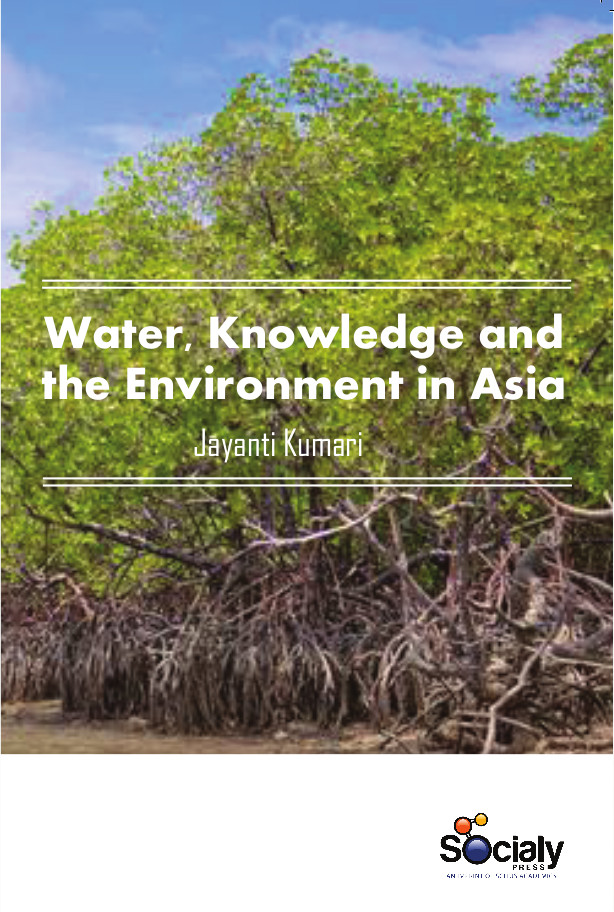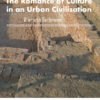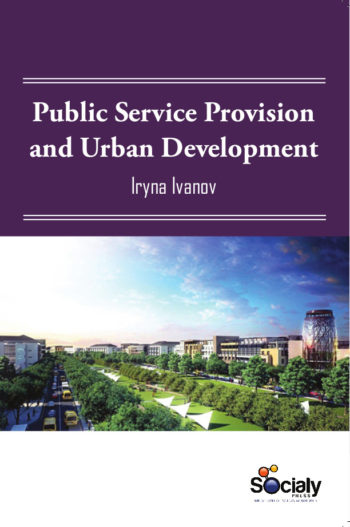Water is must for the endurance of life, yet only 2.5% of the world’s water supply is readily available for consumption, and that percentage is rapidly decreasing due to pressures from population growth, climate change and poor water management. All of those three pressure points converge in South Asia, where some of the fastest-growing populations in the world grapple with melting ice caps, rising sea levels and depleting groundwater, that are further exacerbated by mismanagement from public and private actors. Understanding the various ways in which knowledge about water is shaped and communicated, the so-called epistemologies of water, in the Asian context are essential to tackling the looming water crisis in the region. In Asia, water is subject to a great diversity of knowledge systems and practices. Some of these appear to be allied to scrupulous spaces – when related with unambiguous local cultures or religions – while others are ordered by functional and symbolic differentiations, like expert, political or sacred knowledge.
Water, Knowledge and the Environment in Asia: Epistemologies, practices and locales attempts to outline the exchange and renovation of environmental knowledge fragments and practices across the boundaries of varied knowledge systems. From the glaciers of the Himalaya to the rivers and water utilization systems of Asia, from the highland Southeast Asia to the ocean surrounding the Indonesian archipelago, the project examines how varied forms of knowledge pertaining to water flow, encounter and entangle with each other. Specifically in Asia, well-tested practices surrounding water and ice are frequently indivisible from ritual or cosmological representation and performance. This work focuses on the nodes through which certain knowledge items, “facts” and practices travel across cultural boundaries, creating a transcultural network of differentially connected meanings. This Monograph will be of interest for graduate students, practitioners and early career researchers.













